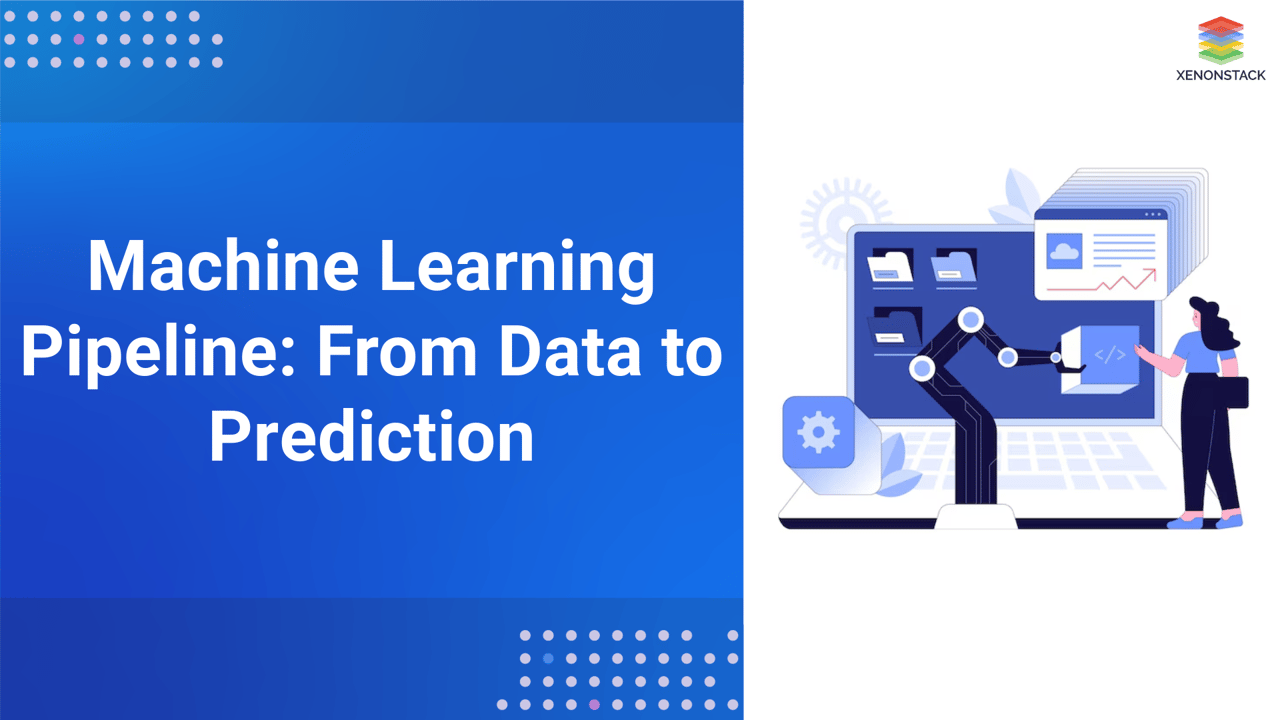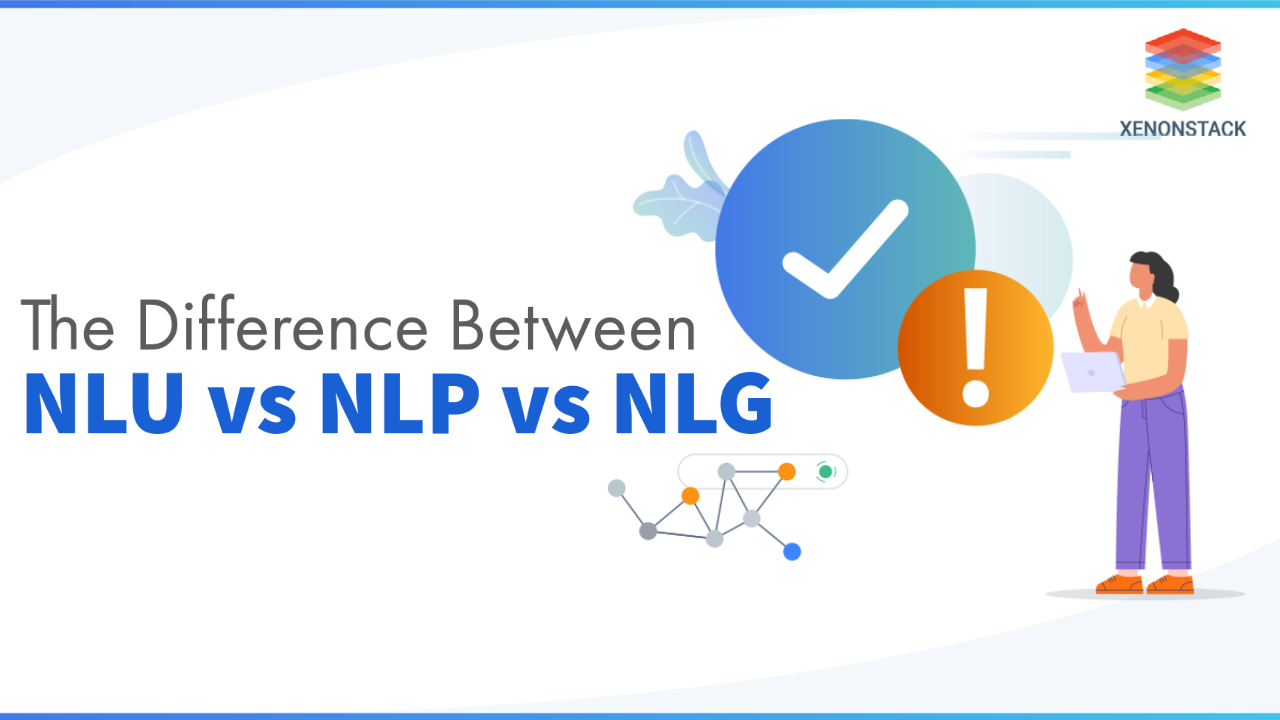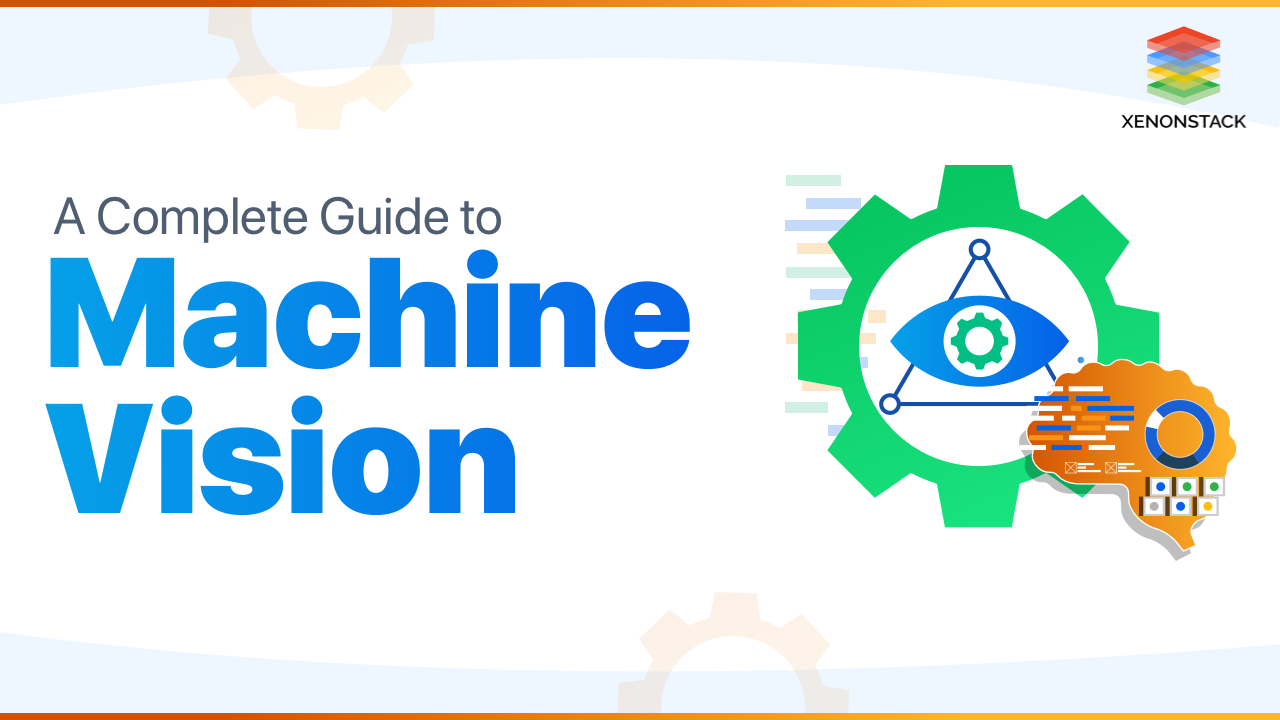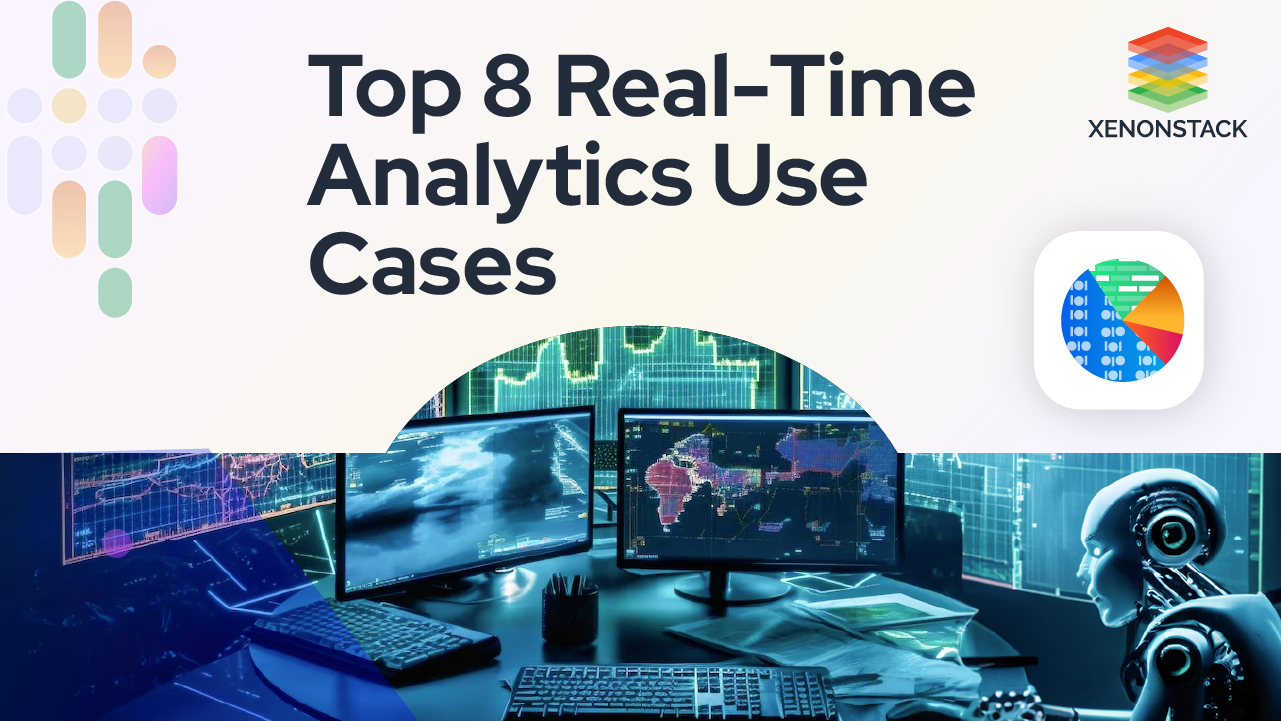
In today's data-driven world, machine learning (ML) has become a critical technology for businesses seeking to gain competitive advantages. However, implementing machine learning solutions is fraught with challenges. According to industry research, 87% of data science projects never make it to production, primarily due to skill shortages and complex implementation processes.
The Rise of Machine Learning Platforms
Machine learning platforms have emerged as a game-changing solution to address the complexities of ML adoption. These platforms provide integrated tools that enable organizations to develop intelligent business solutions with minimal technical expertise and maximum process transparency.
Key Benefits of Machine Learning Platforms
-
Skill Gap Resolution: Organizations with limited resources can now leverage ML technologies without building specialized in-house teams. These platforms democratize machine learning, making it accessible to businesses of all sizes.
-
Standardization and Best Practices: ML platforms enforce industry best practices and standardize the machine learning lifecycle, solving the critical problem of inconsistent development approaches.
-
End-to-End Solution: From data preprocessing to model deployment and monitoring, these platforms offer comprehensive solutions that simplify the entire machine learning workflow.
Types of Machine Learning Platforms
1. Semi-Specialized Platforms
These platforms focus on specific tasks such as:
-
Text Analytics (e.g., sentiment analysis, topic modeling)
-
Computer Vision (e.g., object detection, face recognition)
Key providers include:
2. High-Level ML Platforms as a Service
More advanced platforms that automatically:
-
Detect problem types
-
Prepare data
-
Configure learning algorithms
Top platforms in this category include:
Understanding Machine Learning Pipelines
A machine learning pipeline is a systematic approach to automating ML workflows, enabling seamless data transformation and model development. The pipeline typically consists of four main stages:
-
Pre-processing: Transforming raw data into a usable format
-
Learning: Extracting patterns and selecting optimal models
-
Evaluation: Assessing model performance
-
Prediction: Applying the model to new, unseen data
Benefits of ML Pipelines
-
Flexibility: Easy to replace or modify computation units
-
Extensibility: Simple to add new functionalities
-
Scalability: Individual components can be scaled independently
-
Efficiency: Enables rapid data processing and real-time insights
Machine Learning Pipeline Architecture
A machine learning pipeline consists of multiple stages where each stage processes data and passes its output to the next. These stages include Pre-processing, Learning, Evaluation, and Prediction.
Pre-processing
Data pre-processing is a crucial step in data mining that converts raw data into a structured format suitable for analysis. Real-world data often comes with inconsistencies, missing values, or errors, which can hinder the learning process.
Pre-processing involves several key steps such as:
-
Feature Extraction and Scaling
-
Feature Selection
-
Dimensionality Reduction
-
Sampling
Learning
In the learning stage, a machine learning algorithm analyzes the pre-processed data to identify patterns that can be applied to new scenarios. The goal is to select the best model from various candidates, using different hyperparameters, metrics, and cross-validation techniques to optimize performance.
Evaluation
To evaluate the model’s effectiveness, it is trained on the training data, and its predictions are tested on a separate test set. The model's performance is assessed by comparing its predictions with the actual labels in the test data, calculating metrics like prediction accuracy based on the number of correct and incorrect predictions.
Prediction
Once the model is trained and evaluated, it can be used to predict outcomes on new, unseen data. The prediction stage involves using the model’s performance to make forecasts on data that was not part of the training or cross-validation process.
Why Organizations Need Dedicated Machine Learning Platforms
As mentioned above, developing and operationalizing machine learning solutions is challenging. Let’s see the blockers faced when developing ML solutions:
-
Lack of Skill Sets: Organizations with limited resources cannot invest in building a specialized team for ML solutions when they require these ML solutions as a part of their existing products. The best solution is that they can have a Machine learning platform to perform these tasks efficiently.
-
Lack of Standardization in ML life cycle development: Every organization developing an ML solution has its approach for defining and maintaining the ML lifecycle, which means there is no standardization of this process. That means best practices are not adopted, which creates problems when scaling.
-
Deployment Complications: Generally, ML projects are developed as minimum viable products(MVPs) under the proofs-of-concept (POCs) of the project. This causes problems when scaling this to a large number of model variants, or with a shift in the market trends(i.e., drift), the reason being the pipeline used for the development is not flexible enough.
-
Post Deployment Blockers: One of the most important tasks after deploying the ML solution is continuous optimization and improvement of the solution based on its performance. The current practice is that every organization has an experimentation system that requires lots of technicalities, making the overall process slow.
Whenever the organization faces the above challenges, the machine learning platform can be seen as the solution to these problems. These platforms are built to tackle the problems mentioned above, which are generally the main blockers in delivering machine learning solutions.
Industry Applications of Machine Learning
ML technologies are transforming multiple sectors:
- Financial Services: Fraud detection and risk assessment
- Government: Process optimization and data-driven decision making
- Healthcare: Improved diagnosis and treatment planning
- Marketing: Personalized recommendations and customer insights
- Oil and Gas: Efficient resource exploration and operational optimization
Best Practices for Machine Learning Pipeline Deployment
Be specific about the assumptions so that ROI can be planned. To regulate business believability at the production level, we need to understand: "How acceptable is the algorithm so that it can deliver the Return on Investment?”
Research about the "State of the Art"
Research is the fundamental aspect of any software development. In fact, a Machine Learning process is not different from software development. It also requires research and a review of the scientific literature.
Collect High-Quality Training Data
The greatest fear for any Machine learning model is the scarcity of the quality and quantity of the training data. Too boisterous data will inevitably affect the results, and the low amount of data will not be sufficient for the model.
Pre-processing and Enhancing the Data
It is like, "Tree will grow as high as the roots are in-depth." Pre-processing reduces the model's vulnerability and enhances the model, Feature Engineering used, which includes Feature Generation, Feature Selection, Feature Reduction, and Feature Extraction.
Experiment Measures
After all of the above steps, the data will be ready and available. The next step is to perform as many tests as possible and conduct the proper evaluation to obtain a better result.
Purifying Finalized Pipeline
Till now, there will be a winner pipeline; moreover, the task is not finished yet. There are some issues which should be considered:
-
Handle the overfitting caused by the training set.
-
Fine-tuning the Hyperparameters of the pipeline.
-
To obtain satisfaction with the results.

Top ML Pipeline Tools
| Pipeline Stage | Recommended Tools |
|---|---|
| Data Management | PostgreSQL, MongoDB, Apache Hadoop |
| Data Cleaning | Python Pandas, R, Apache Spark |
| Data Visualization | Matplotlib, Tableau, R |
| Model Development | Scikit-learn, TensorFlow, PyTorch |
| Result Interpretation | D3.js, Seaborn |
Final Thoughts on Machine Learning
Machine learning platforms and pipelines are revolutionizing how businesses leverage data-driven technologies. By simplifying complex processes, reducing skill barriers, and providing end-to-end solutions, these platforms are making artificial intelligence more accessible and actionable for organizations across industries.
As AI continues to evolve, investing in robust ML platforms and understanding pipeline architectures will be crucial for businesses looking to stay competitive in the digital landscape.
Next Steps in ML Platform Adoption
Talk to our experts about implementing machine learning platforms. How industries and different departments use AI-driven workflows and predictive analytics to become data-centric. Utilizes machine learning solutions to automate and optimize IT services and processes, improving efficiency and adaptability.




